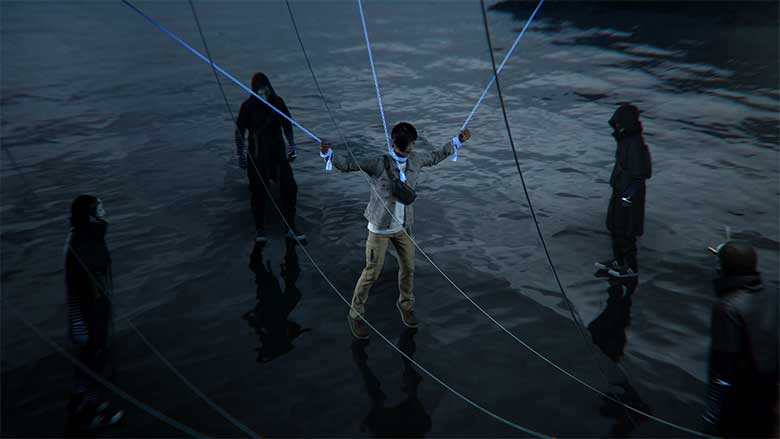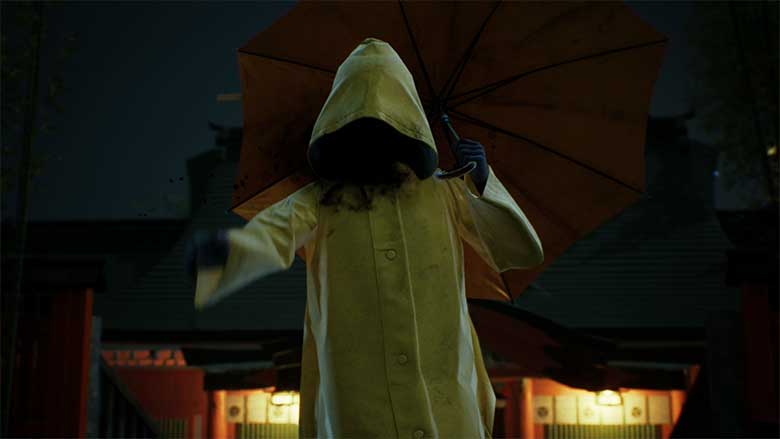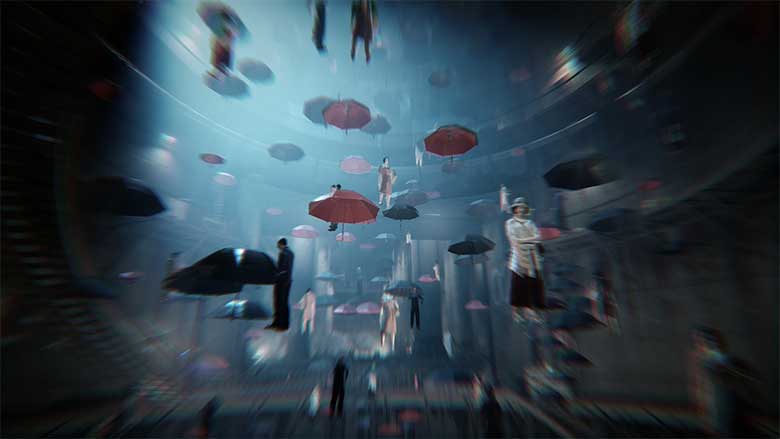Ghostwire: Tokyo Review

Official Score
Overall - 90%
90%
Ghostwire: Tokyo is set up to be one of the most unique and interesting titles of the year, and it doesn't disappoint. Darken the room, turn the volume up loud, and keep out any distractions; Ghostwire: Tokyo is one hell of a spooky ride.
Tango Gameworks and Bethesda, the teams behind the critically acclaimed The Evil Within franchise, once again look to thrust players into a world of supernatural mystery with Ghostwire: Tokyo.
Ghostwire: Tokyo Review
[line style=’solid’ top=’10’ bottom=’10’ width=’100%’ height=’1′ color=’blue’]Ghostwire: Tokyo follows the story of Akito Izuki, a young man struggling to care for his younger sister after the death of their parents. Shibuya faces a cataclysmic event as much of Tokyo has been overcome by a terrible fog, once that instantly separates the body from the soul of anyone that touches it. With much of the population vanished, the empty streets patrolled by otherworldly beings called Visitors Akito and KK, a Wraith that possesses Akito and gives him supernatural powers, set out on a joint adventure to save Akito’s sister, redeem KK, and save all of Tokyo.
The main story of Ghostwire: Tokyo is simple to follow, but it keeps you engaged and intrigued every step of the way. Its supernatural roots don’t feel too far a stretch from The Evil Within, but fans of Tango Gameworks earlier creative narratives will feel right at home and have no trouble getting through a worthwhile and impactful storyline. I highly recommend playing with the original voiceovers; they are fantastic and do a far better job of telling the story than the English translation. Ignoring the side content, you can probably get through the main story in 10-15 hours, depending on the difficulty setting. While this may seem short, it never once overwhelms, it doesn’t drag on, each segment of the story is carefully crafted to be meaningful and make a difference in the story’s direction.
Much of the same can be said for the open-world aspects of Ghostwire: Tokyo. It’s a large open-world with plenty to explore, but it doesn’t drown the player with constant objective updates, menial tasks that mean next to nothing, or other typical tropes of the modern-day open-world game. That being said, some players will likely be disappointed by the ease of direction given in the open-world segments of the game. Everything is clearly marked on the map, while icons tell you where to find a quest and what rewards it gives. It’s a refreshing take, but one that’s likely to divide players down the middle.
There aren’t a ton of side activities – just a few – but again it’s selective. The entire game, from the story to the exploration, has a focus on quality over quantity, and that shines through at every opportunity. Torii gates are scattered throughout Tokyo, typically featuring combat challenges that once complete open a new area of exploration by clearing the fog. Interacting with cats and dogs can lead to hidden treasures, there’s special items you can find and trade in for rewards, along with a great range of side quests that offer deeper insight into the story and the wider Japanese mythology as a whole. It’s a bite-sized open-world that is very much as worthwhile as its much bigger counterparts, but with the very real potential that the average player will have the time to actually finish it.
Supporting a stellar narrative and enjoyable open-world is a combat system that struggles to evolve throughout the game, but still manages to impress nonetheless. It’s explosive; you feel every hit as Akito and KK utilize their Ethereal Weaving abilities to throw barrages of different elements (Fire, Air, and Water) at a wide range of spooky and often disturbing enemy types. Repeated hits reveal the “hearts” of the Visitors, cores that Akito can rip out from a distance as he creates symbols in the air, clinging to the very souls of his targets with ethereal wires. If Bruce Lee was an actual magician, that’s how the combat feels. The elegance of the movements and hand gestures, with the explosive power of the finishing blow, it’s fantastic. I have no doubt some players may find its lack of evolution tiring, but the end result of each combat encounter is about as satisfying as it gets.
I started Ghostwire: Tokyo without really knowing what to expect. The game very much dances between the lines of action RPG and survival horror, with the emphasis switching entirely throughout the game. Certain sections legit scared the crap out of me. Other encounters I danced around knowing full well the enemies never stood a chance, carefully planning my shots to expose as many cores as possible before sending them all to hell with a “Hi Ya” at the end of it. Some players are likely to find much of the game quite spooky, but for veteran fans of the survival horror genre, the scares will likely be few and far between.
While the gameplay often teeters between genres, the atmosphere does not. It’s eerie, disturbing, a once thriving city now void of all human life. The pulsing neon lights line the streets of the modern world, while the remnants of those that once lived scatter the ground. Piles of clothes, abandoned umbrellas, empty baby strollers, it paints a somber picture and one that keeps you on edge exactly when it needs to.
Ghostwire: Tokyo is set up to be one of the most unique and interesting titles of the year, and it doesn’t disappoint. Darken the room, turn the volume up loud, and keep out any distractions; Ghostwire: Tokyo is one hell of a spooky ride.
[infobox style=’success’ static=’1′]This review of Ghostwire: Tokyo was done on the PlayStation 5. A digital code was provided by the publisher.[/infobox][blogger ids=” cat=’honest-game-reviews’ orderby=’date’ order=’desc’ count=’4′ descr=’200′ readmore=’1′ rating=’1′ style=’image_large’ border=’0′ dir=’vertical’]



